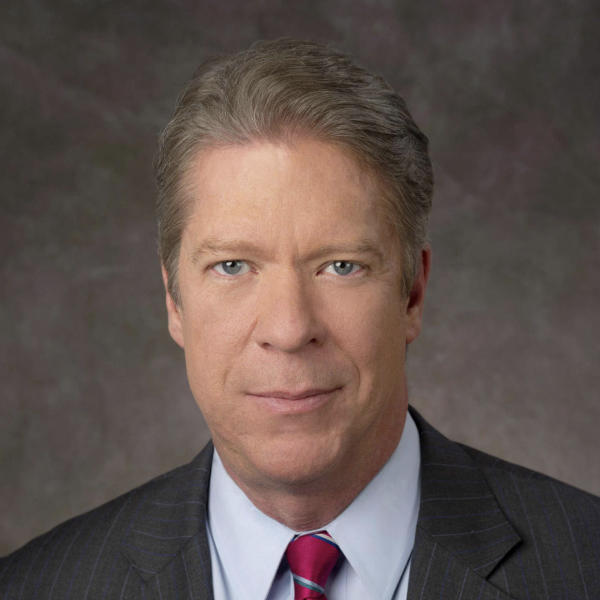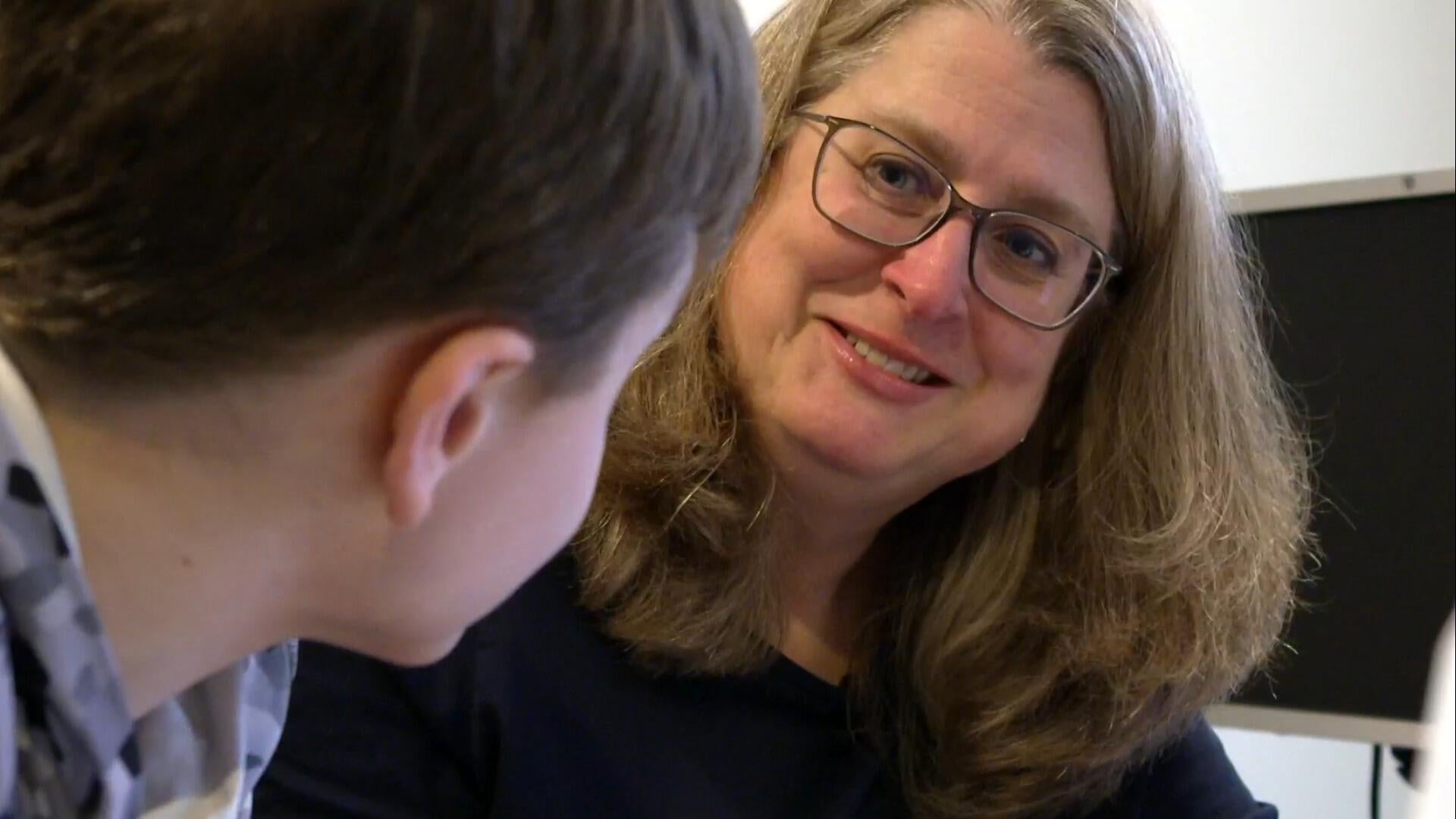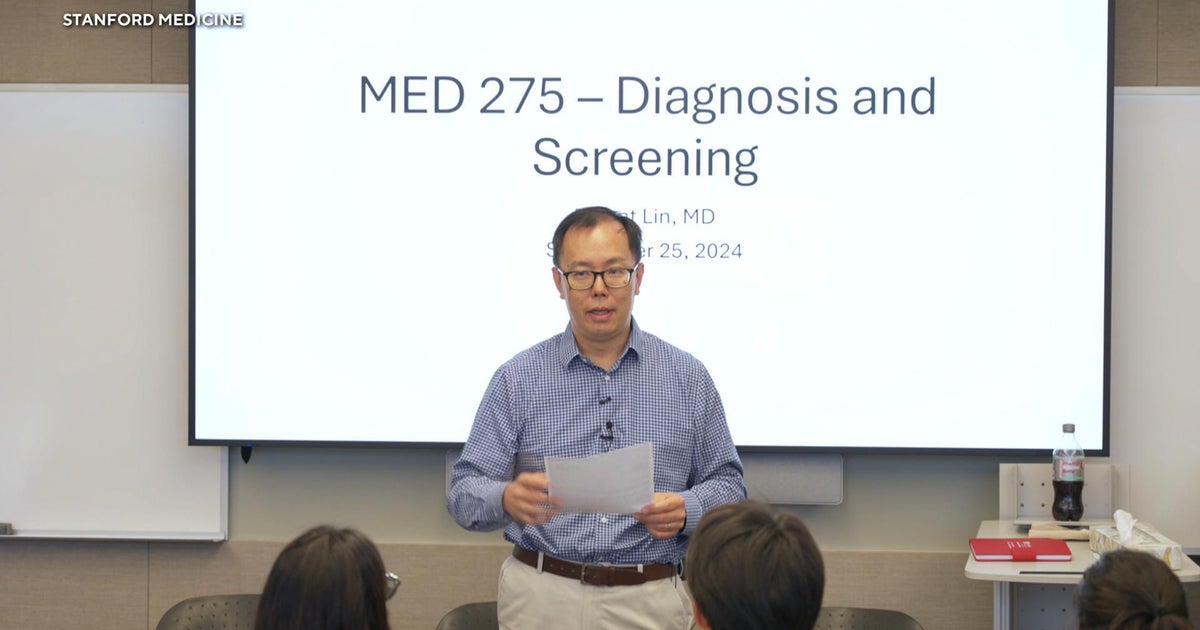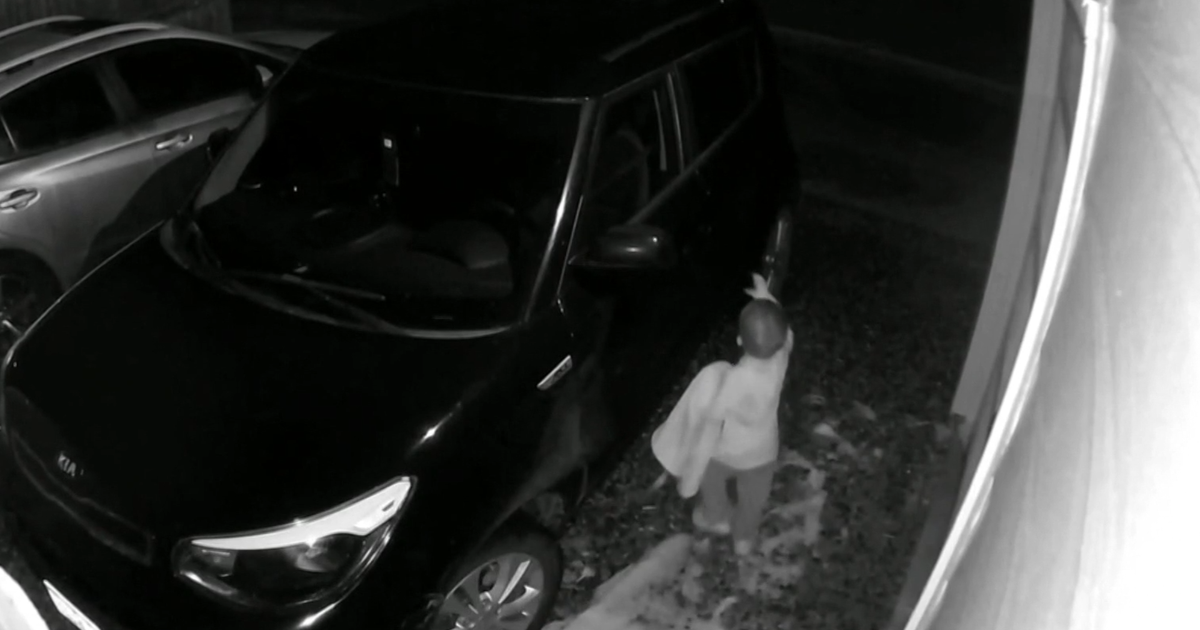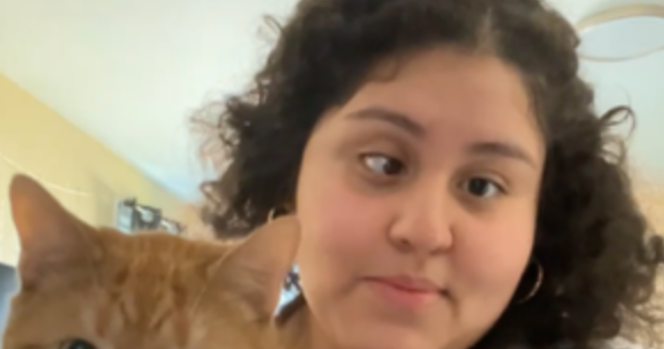Her children's ADHD diagnosis became the catalyst for a mother to search for her own
Like most mothers, Denise Moss was worried about her son, Kyle. He had trouble concentrating in school and couldn't stay on task. She called him her "hummingbird," as he was in constant motion, but never quite getting anything done. Moss decided to seek help, as a self-described "later in life," stay-at-home mom, she wanted to give her boys the undivided attention she felt she didn't receive during her childhood.
She took Kyle to a therapist; the diagnosis: Attention Deficit Hyperactivity Disorder or ADHD — a neurodevelopmental disorder classified by symptoms including attention difficulty, hyperactivity, and impulsiveness. Soon after, her younger son, Blake, got a diagnosis.
Moss, 54, now had two sons with ADHD — she had to learn more, and in the process, she untangled the thing she struggled with the most: herself. It started with a PowerPoint presentation at a meeting on ADHD, and when the speaker ran through a series of slides on how ADHD presented in women, "I went check, check, check, check," Moss said.
Dishes piled up in the sink, tasks were left unfinished, keys were lost, tasks Moss couldn't attend to as a stay-at-home mom.
Her engineer husband was supportive, but confused why his wife couldn't seem to pull it together. Moss said she felt like "a bad person, a bad mother and wondered why everything was so difficult."
But the information in the presentation showed Moss that there might be a reason for her challenges, which she had blamed on her personal deficiencies. Each slide felt like a mirror, reflecting back on pieces of her life she'd never quite understood. After the presentation, she asked herself a question that would change everything: "Could I have this?"
Many adults, like Moss, have struggled with issues they couldn't explain throughout their entire lives — until their children needed therapeutic help. ADHD is highly genetic, with to genetic causes — often running in families, according to published in .
Dr. David W. Goodman, an assistant professor of psychiatry and behavioral sciences at the Johns Hopkins University School of Medicine, told CBS News he consistently sees patients who learn about their ADHD when someone else in their family has the diagnosis.
However, ADHD often goes undetected in adults because the symptoms manifest differently than in children, with less overt hyperactivity and more subtle signs like restlessness or difficulty focusing, which can be easily mistaken for other mental health issues like anxiety or depression. And there is also stigma; symptoms can be dismissed or ignored as an overreaction — or a byproduct of today's overscheduled and overstimulated world.
In 2023, an estimated 15.5 million U.S. adults had an ADHD diagnosis, approximately one-half of whom received their diagnosis in adulthood, according to the Centers for Disease Control. Even the rate has seen an increase, rising from 6.1% to 10.2% of American adults over the last two decades.
Dr. Goodman said that the biggest misconception about ADHD is that everyone experiences it. While everyone has moments of inattention or forgetfulness, "ADHD is different."
"This isn't just a matter of willpower or concentrating more," Goodman, who has studied adult ADHD for most of his career, said. "It's about experiencing these challenges all day, every day — a constant stream of tardiness, forgetfulness and difficulty focusing that affects every aspect of life."
He added, "Adults grow up listening to the environment tell them they're lazy, they're unmotivated, they're incompetent, they're stupid. And they incorporate that into their self-image."
Untreated people with ADHD are twice as likely to face divorce, more likely to struggle financially and often deal with emotional outbursts and overwhelming feelings. Job stability is another challenge, with many people with ADHD changing positions every two years.
Despite its prevalence, only receive an accurate diagnosis and adequate treatment. Women with ADHD face unique challenges. Many are , often receiving antidepressants instead of appropriate ADHD treatment. This gap in care represents a significant public health challenge.
The recently appointed a special committee to write the first-ever authoritative guidelines to diagnose adult ADHD in the U.S. Goodman, a former board member at , has been working to develop the guidelines for some medical providers and specialty organizations diagnosing adults. CHADD found many adults interested in obtaining a diagnosis are frustrated because clinicians aren't focused on this segment of the population — but they are necessary, experts say, to obtain an accurate picture of the syndrome.
Goodman said when adults find out that you have a diagnosable and treatable condition, they can separate the fact that they have ADHD from who they are.
Moss, who received her diagnosis in December after working with a psychiatric nurse practitioner, said she has started to reject the shame that has plagued her and clouded her self-image since childhood. "I always felt dumb," she said, "but it was because I couldn't give my best effort."
Her boys, now 12 and 14 years old, also have a different kind of mother, as Moss said she feels her diagnosis has transformed her parenting. Both boys and Moss decided to take medication for their ADHD, and Moss runs her home with intentional structure now — a framework she's built to support both her children's needs and her own. She adds travel time to her calendar, keeps colored sticky notes for herself and her boys and maintains a mostly clutter-free home.
There has been no magic wand, Moss says, but for the first time, she feels like her life has become more manageable. She sees the future, her boys are generally thriving and she and her husband have been discussing taking the family to vacation in Italy. Something she never previously thought was possible.
"I'm excited. And I didn't think I could have that. Honestly, I thought it was the same old, same old," Moss said. "Who knows what I can do. I can kind of not do anything, um, or do the things I've been wanting to do and maybe dream bigger."
